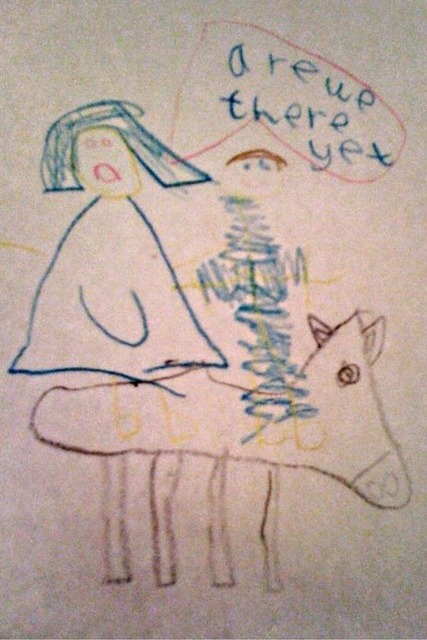He taunts me.
The Goliath that stands before me.
Oh he knows whose I am and the army that surrounds me. But he doesn’t care. He knows that one simple stone of fear cast my way could paralyze my senses.
His voice has threatened my security in days past. I have responded by resisting his efforts to bring me down. But recently, remembering the source of my power and identity has been challenging. Repeatedly, he has crossed my path and I am tired of fighting him. My body holds the tension of stiff muscles and a cautious mind.
What if he appears again?
The size of my Goliath appears daunting. From an earthly perspective, I appear as a grasshopper to his massive size. With what resources could I possibly defeat him?
His appearance morphs. Sometimes, he is disguised as financial difficulties. Other moments, he pops up as expectations or disappointment. Illness, both physical and mental have resembled him. And then when he really wants to wield power, he looks like guilt.
But what all encounters have in common is the threat to hold me captive in fear. To keep my eyes focused on the problem and not my power. When that happens, I lose hope. My throat tightens. My chest feels heavy. My arms feel paralyzed.
How did David do it?
“The Israelites, to a man, fell back the moment they saw the giant—totally frightened. The talk among the troops was, “Have you ever seen anything like this, this man openly and defiantly challenging Israel?”
David names what he sees. ““Who does he think he is, anyway, this uncircumcised Philistine, taunting the armies of God-Alive?” (1 Samuel 17:26)
Reality check: Goliath is not as powerful as he appears. His strength lies in intimidation; from outside not within.
.David is reminded that God is enough.
“God, who delivered me from the teeth of the lion and the claws of the bear, will deliver me from this Philistine.” (1 Samuel 17:36)
God reminds me of previous encounters with him. He is enough
David was fit with the assumed armor and weapons that others believed would help him in the battle. However, in his complete faith, refused what was offered to him, “I can’t even move with all this stuff on me. I’m not used to this.” And he took it all off.” The weapons the world offers to me look enticing but they are not what God desires for me to use.
David looked his Goliath in the face.
So must I.
“David answered, “You come at me with sword and spear and battle-ax. I come at you in the name of God-of-the-Angel-Armies, the God of Israel’s troops, whom you curse and mock. This very day God is handing you over to me.” (1 Samuel 17:45-46)
As I look my current form of Goliath in the face, I am choosing to recognize the armor I bear. It’s the same one that David chose: God’s word; living and active.
“11-14 This commandment that I’m commanding you today isn’t too much for you, it’s not out of your reach. It’s not on a high mountain—you don’t have to get mountaineers to climb the peak and bring it down to your level and explain it before you can live it. And it’s not across the ocean—you don’t have to send sailors out to get it, bring it back, and then explain it before you can live it. No. The word is right here and now—as near as the tongue in your mouth, as near as the heart in your chest. Just do it!” (Deut. 30:11-14)
We are not guaranteed a battle free life. But we are assured we are not alone as we fight. When we ask for God’s help, we, like David show others where hope is found.
“…the whole earth will know that there’s an extraordinary God in Israel.” (1Samuel 17:46)
How can Goliath win?














